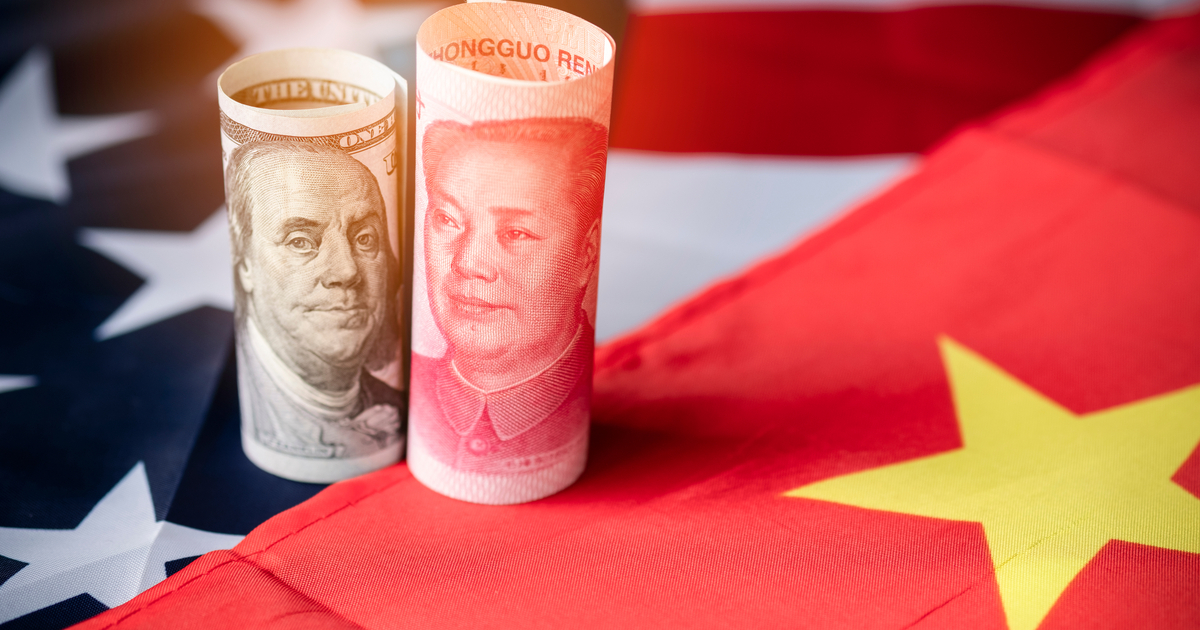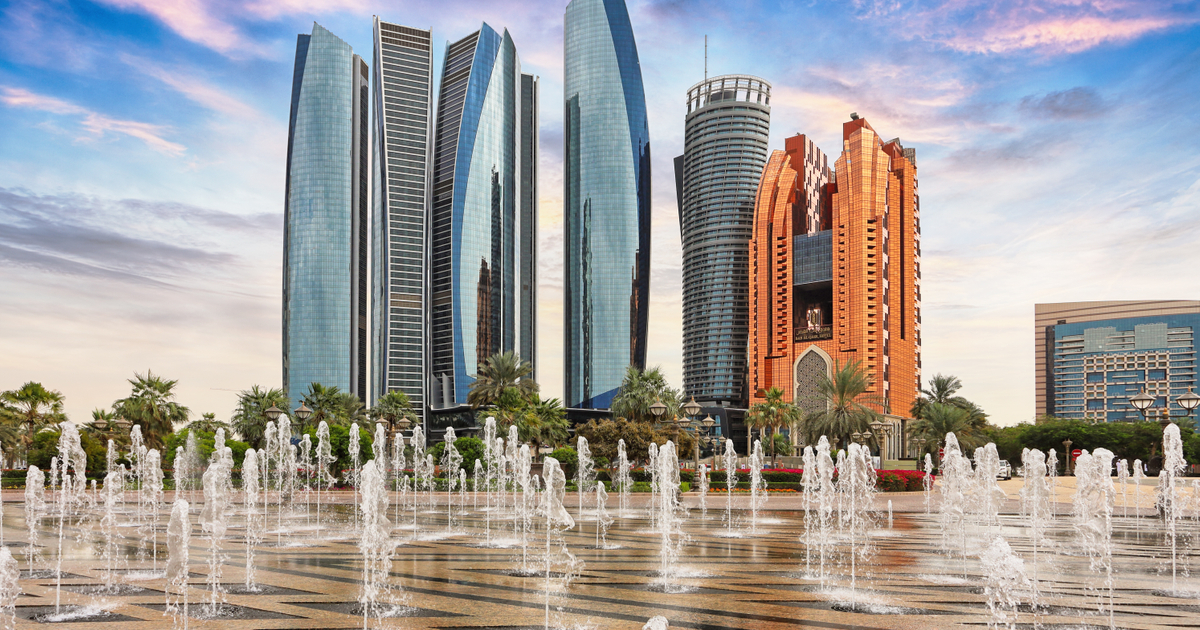Roku has nearly half a billion dollars at failed Silicon Valley Bank
CTV company Roku states its ability to operate ‘will not be impacted.’

Roku is among the companies affected by the closure of Silicon Valley Bank, the CTV company announced on Friday, hours after the bank shut down.
With the closure of Silicon Valley Bank Friday, about $175 billion in deposits hangs in limbo, according to a statement from the FDIC. The bank was seized by the government entity Friday, but insured depositors are told their funds will be available Monday.
Roku had $487 million held by SVB at the time of closure, the company announced in a filing on Friday. That equates to about a quarter of its overall $1.9 billion in cash, per the filing.
Per Roku’s filing, the company’s deposits with SVB are “largely uninsured.”
“We expect that Roku’s ability to operate and meet its contractual obligations will not be impacted and we continue to have access to $1.4 billion in cash and cash equivalents which are distributed across multiple, large financial institutions,” the company said in a statement.
The cash, which represents 26% of Roku’s total, is a significant hit to the CTV leader. Last month, Roku reported that it lost $498 million in 2022, compared to a profit of $242.4 million a year earlier. Revenue increased to $3.13 billion last year, from $2.76 billion in 2021.
The company is currently at SXSW, where it has erected a multi-story, interactive recreation of its Roku City screensaver, which Jordan Rost, Roku’s head of ad marketing, told Ad Age is the company’s “first time activating at this scale.”
The SXSW event is co-hosted (and co-funded, according to Rost) by Best Buy, which announced a deal with Roku today as the exclusive seller of Roku's first self-produced TVs.
Per a 2017 SVB filing, the bank held 1.7 million common shares of Roku stock at the time, an indicator of the companies' joint history.
Roku isn't the only company speaking up about its money sitting with SVB. Kids retailer Camp announced a 40% off “BANKRUN” sale, saying it had most of its assets “at a bank which just collapsed.”

 Tekef
Tekef 
































